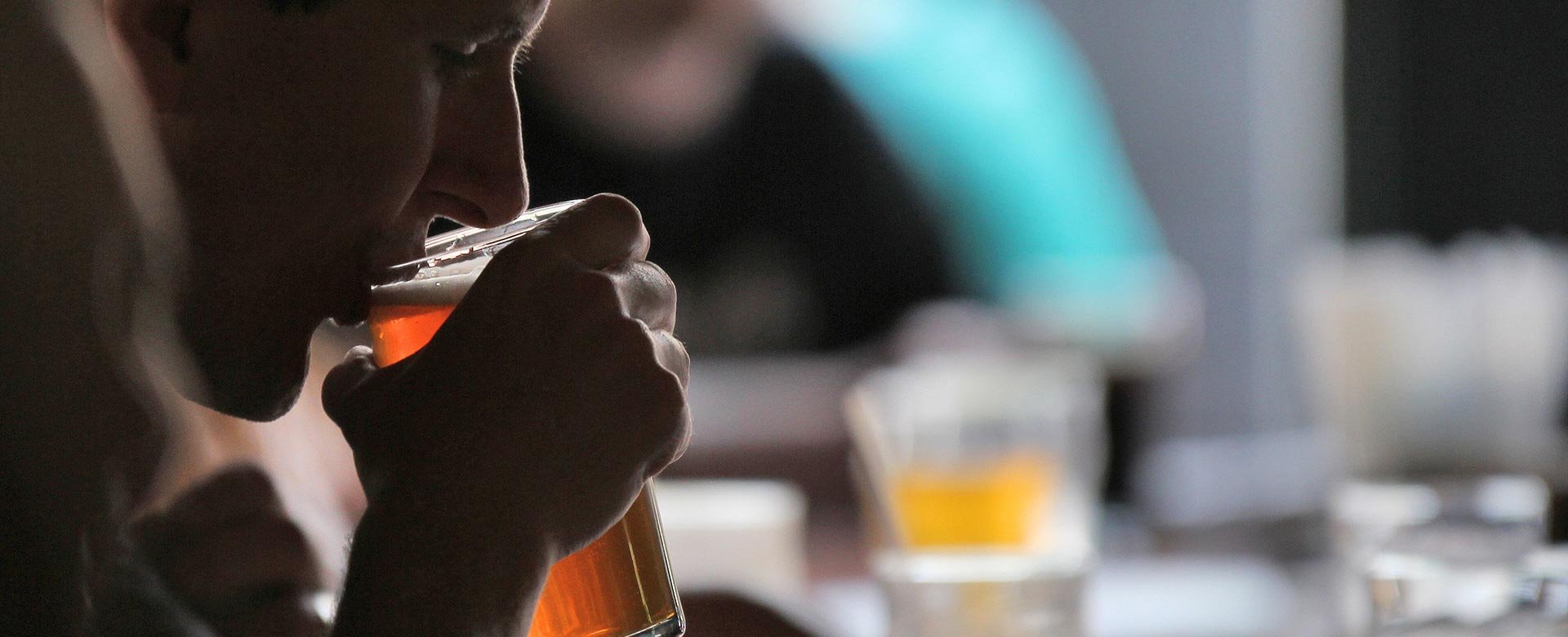
Substance Abuse
Substance Use Disorder is a challenge many people face, and surprisingly, some may not even recognize that they have an issue. What starts as a fun social activity can gradually become a habit that might affect the individual and their loved ones. You may have heard of "functioning addicts," who manage to keep their lives on track while others show more apparent signs of struggle.
If you’re struggling with substance use, seeking help is the first courageous step toward reclaiming your life. You don’t have to face this journey alone—professional support can provide you with the tools, guidance, and understanding needed to overcome addiction. Therapy offers a safe and non-judgmental space where you can explore the underlying causes of your substance use and begin healing both emotionally and physically. With a personalized treatment plan tailored to your unique needs, we can work together to address not only the addiction itself but also the triggers and challenges that keep it going. No matter how long you’ve been struggling, reaching out for help is never too late.
In therapy, we’ll take a compassionate and structured approach to recovery, using proven methods that empower you to regain control. You’ll gain coping strategies through individual counseling to manage cravings, handle stress, and rebuild relationships. Group therapy and support networks may also be incorporated, offering you a sense of community with others who understand what you’re going through. Recovery is a journey; with proper support, you can find strength, resilience, and a renewed sense of purpose. Let’s take the first step together.
Substance Use treatment involves Cognitive-Behavioral Treatment and somatic-based treatments. Elana and her staff are trained in Dialectical Behavioral Treatment and other mindfulness treatment approaches. Clients will develop skills to stay accountable. Typically, the root cause of addictions is often caused by trauma. Elana is a Certified Multiple Addiction Therapist. She and her team are trained in Brainspotting, Eye Movement Desensitization Reprocessing (EMDR), Internal Family Systems, and Somatic Experiencing. Clients will develop skills to manage their urges and impulses. They will develop coping strategies to replace problematic behaviors.
Characteristics of Abuse
Failure to fulfill major work, school, or home responsibilities.
Uses alcohol to deal with social situations, build confidence, or overcome shyness.
Experiencing occasional memory blackouts during or after drinking.
Drinking causes or exacerbates a persistent or recurrent social, work, financial, legal, or health problem.
Uses alcohol repeatedly under physically dangerous circumstances, such as driving while intoxicated.
Continued drinking despite having ongoing relationship problems that are caused or worsened by the drinking.
Characteristics of Dependency
Physical dependence, with a characteristic withdrawal syndrome (such as shakiness, sweating, or trouble sleeping) that is relieved by more alcohol or drugs.
Physiological tolerance, so that more and more alcohol or drugs are needed to produce the desired results.
Difficulty in controlling how much alcohol or drug is consumed once consumption has begun.
Spend a great deal of time drinking or using and recovering from use.
Give up activities that were once enjoyable or important to use.
Continue to use it even when you know that it’s causing problems in your life.

